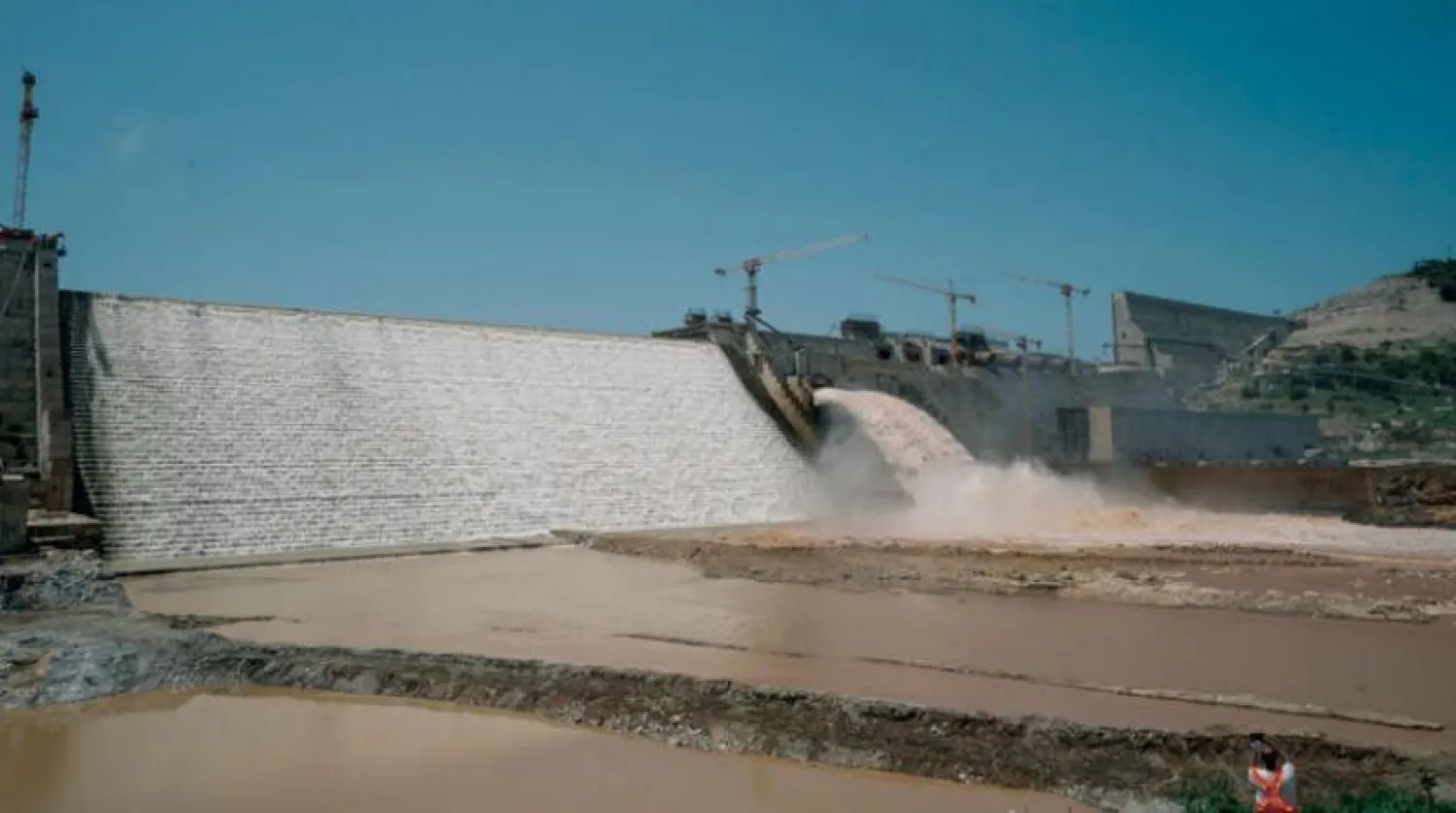Ethiopian Prime Minister Abiy Ahmed sent a message of reassurance to Egypt and Sudan following the second filling of Grand Ethiopian Renaissance Dam (GERD), stressing that it will not inflict any significant harm on the two downstream nations.
Last week, the Ethiopian government announced the completion of the second filling of the dam built on the main tributary of the Nile River, which Addis Ababa used to generate electricity, in a move that angered Egypt and Sudan.
Ahmed tweeted his message in Arabic, saying the dam “can serve as a source for cooperation between our three countries” and asserted that it takes up “only a small portion of the water flow.”
Ethiopia says the $4-billion-dam is essential for economic development and the provision of electricity. However, it has raised concerns about water shortages and safety in Egypt and Sudan.
Ethiopian Foreign Spokesperson Dina Mufti expressed his country’s readiness to resume negotiations with riparian countries, namely Egypt and Sudan, at any time decided by the African Union (AU).
During a press conference on Thursday, Mufti reiterated his country’s position that Cairo and Khartoum were informed of the dam’s second filling in the context of exchanging information on the subject.
He also stressed that the second filling of the GERD’s reservoir did not harm the downstream countries but was beneficial to Sudan.
Egypt is yet to officially comment on the Ethiopian announcement that the filling has been completed.
Earlier this week, Egyptian President Abdel Fattah el-Sisi discussed over the phone the ongoing GERD issue with British Prime Minister Boris Johnson, reiterating Cairo’s position to ensure its water security and uphold its “historical rights of Nile water.”
He called on the international community to continue supporting the negotiation process on the issue.
Last month, Egypt announced it received a formal notice from Ethiopia about the second filling of the dam, reiterating its categorical rejection of the move.









